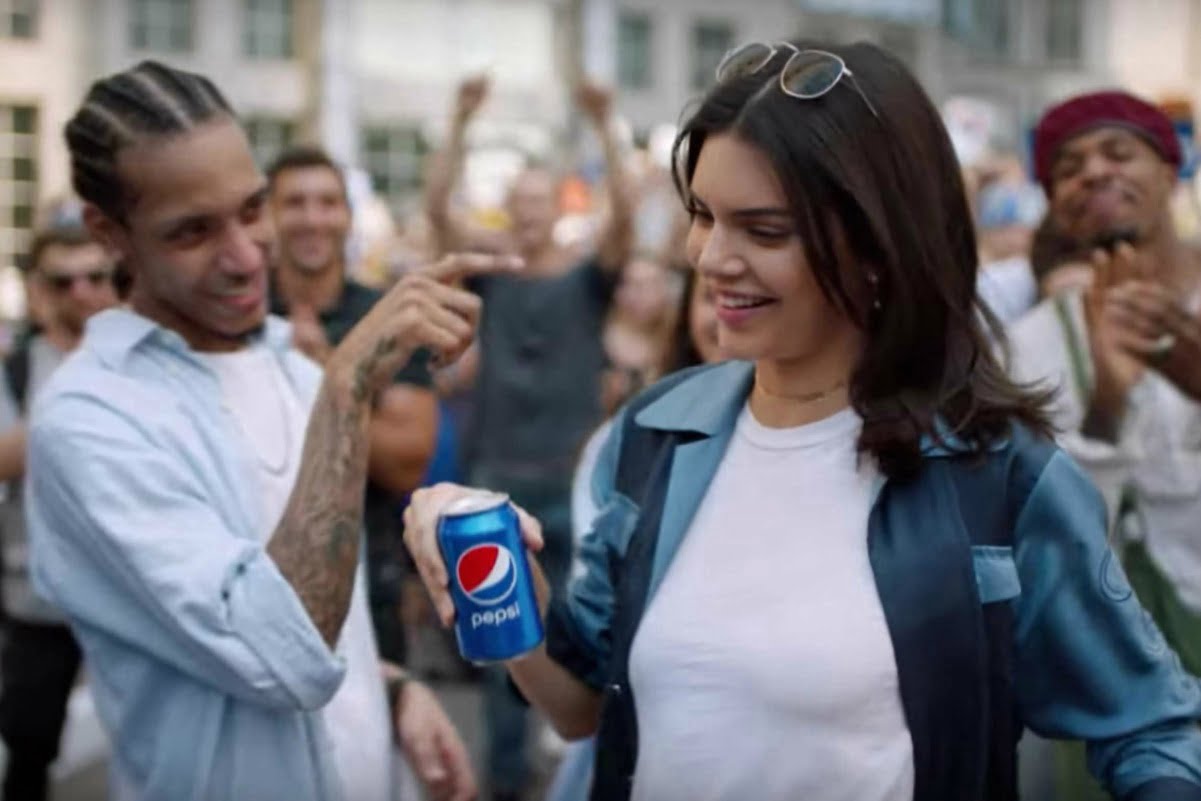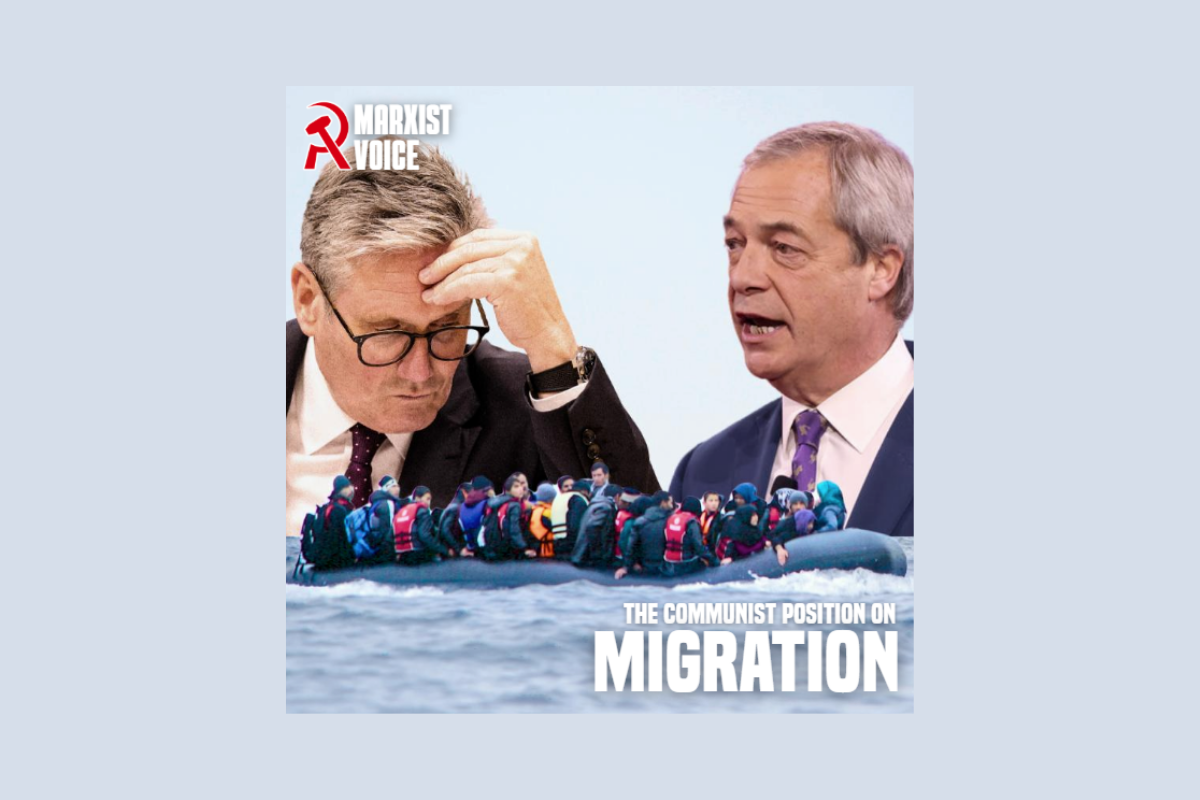Ravi Mistry looks at the cynical way in which exploitative big businesses present themselves as allies of oppressed groups in order to sell their products and make profits.
Over the past few years, ‘inclusive’ advertising has grown to become the norm. A study by Shutterstock Inc found that, over the past few years, half of marketing departments have increased the racial diversity of their images. A third, meanwhile, have increased the use of homosexual couples in their advertising.
Representation of different ethnicities, genders, and sexualities in society is significant. The impact of people seeing others who look like them in the media should not be disregarded as unimportant. But should anyone be celebrating this ‘progress’ in the world of advertising?
In reality, the motives behind these moves are actually incredibly cynical. A survey of 500 companies found that more than a third stated that they did this to “prevent perceived discrimination”. In other words, capitalists are feeling insecure about their inherently unequal business practices, which might hurt their profits.
To overcompensate for this insecurity, they have taken to emphasising how anti-racist, pro-gender equality and pro-LGBTQ rights they all are. Sounds good, no?
Gone is the ideal 1950s all-white, middle class nuclear family, often referred to by sociologists as “the cereal packet family”. In vogue now are mixed-raced couples, LGBTQ couples, Indian families, black families, and occasionally some Muslim people. It is now hard to find five minutes of TV adverts that do not contain one of these groups.
The hypocrisy of such moves, however, is disgusting when we actually investigate the actions and practices of such companies.
LGBTQ-friendly?
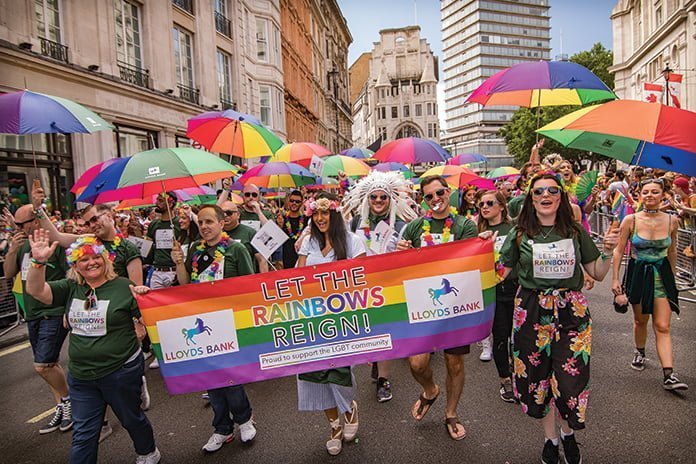 Lloyds Bank, for example, ran an advertising campaign called “Your Next Step”. In this, a white man proposes on the street to a brown man, with the bank’s trademark black horse riding in slow motion in the background (ticking most diversity boxes). The Lloyds banking group were subsequently even nominated for this campaign by the Diversity In Media Awards.
Lloyds Bank, for example, ran an advertising campaign called “Your Next Step”. In this, a white man proposes on the street to a brown man, with the bank’s trademark black horse riding in slow motion in the background (ticking most diversity boxes). The Lloyds banking group were subsequently even nominated for this campaign by the Diversity In Media Awards.
Lloyds have sponsored multiple Pride events and the PinkNews Awards, and have stressed vociferously how LGBTQ-friendly they are.
But at the same time, War on Want found that Lloyds held shares in the UK arms sector totalling £717.5 million! Furthermore, this money has directly funded arms to the infamously oppressive regimes of Saudi Arabia and Bahrain, which are anything but gay-friendly.
That’s without mentioning the £20.3 billion bailout of Lloyd’s by the UK taxpayer; the bank’s role in aiding tax evasion; mis-selling Payment Protection Insurance (PPI); being fined £28 million for threatening sales staff with pay cuts and demotions for not hitting sales targets; and being part of the Libor rate fixing scandal. But I guess all of that’s just a side note…
Real beauty
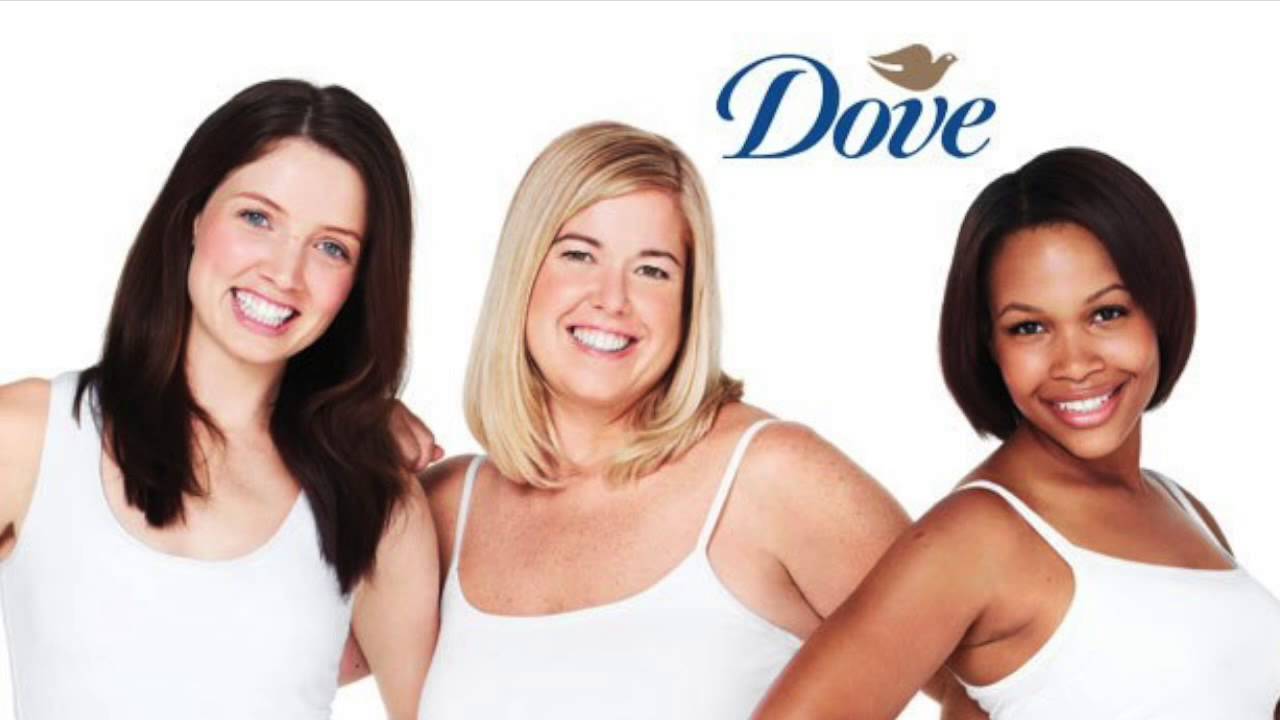 Another apparently pro-equality business is the beauty brand Dove, part of the Unilever Corporation. Last year it launched the ‘Dove Real Beauty pledge’. This included lots of black, Asian, and mixed-race people, along with a promise to portray women as they are. Dove openly states:
Another apparently pro-equality business is the beauty brand Dove, part of the Unilever Corporation. Last year it launched the ‘Dove Real Beauty pledge’. This included lots of black, Asian, and mixed-race people, along with a promise to portray women as they are. Dove openly states:
“Our mission is to ensure the next generation grow up enjoying a positive relationship with the way they look – helping girls to raise their self-esteem and realise their full potential.”
Whilst Dove is busy making us all feel beautiful and comfortable with ourselves in Britain, its sister business under the Unilever umbrella is busy selling, in their own words, “the world’s no.1 fairness cream…It is clinically and dermatologically proven to restore a youthful compression while protecting it from darkening.”
This “world’s no.1[s]” skin-whitening cream’s biggest markets include South Asia and Africa – continents where encouraging being comfortable with your own skin tone might hurt profits. So much for promoting ‘real beauty’ in those parts of the world!
Shameless
Although Dove may seem a tad hypocritical, a semblance of competency must be given to their campaign when compared to drinks company PepsiCo.
With the rise of Trump and anti-Muslim sentiments on one side, and Black Lives Matter and mass protests in general across the United States on the other, Pepsi decided to appropriate these struggles to shamelessly promote themselves. They created an advert featuring Kendall Jenner (one of the Kardashian sisters), who features as their star revolutionary – a true Bolshevik really.
The advert begins with a multi-racial group of young people who are protesting on the streets of an American city. Kendall meanwhile is busy having a photo shoot. But seeing the workers and youth on the street, she courageously strips off her blonde wig and wipes off her red lipstick to join the people in an act of revolutionary solidarity that makes the heart melt.
Whilst Kendall is joining the crowd, a female Muslim artist in a hijab is struggling to create a piece of art in her room, so she goes out and joins the protest with a camera. As we move back to the streets, an extremely thin layer of police form a line well away from the protesters.
Seeing this divide, Kendall Jenner sacrifices herself for the revolutionary cause, grabs a can of Pepsi, and offers it the policeman. The policeman accepts the Pepsi with a smile. The Muslim woman in a hijab captures this image on camera. And the protesters erupt in cheers as all oppression ends.
Martin Luther King Jr’s daughter, Bernice, thanked Pepsi on their campaign, tweeting: “If only Daddy would have known about the power of #Pepsi.”
This advert alone surely makes up for Pepsi’s racist employment practices against African Americans, which in 2012 it was fined $3.13 million for; or its brutal land grabs in Brazil.
If only Daddy would have known about the power of #Pepsi. pic.twitter.com/FA6JPrY72V
— Be A King (@BerniceKing) April 5, 2017
Fight oppression – fight capitalism!
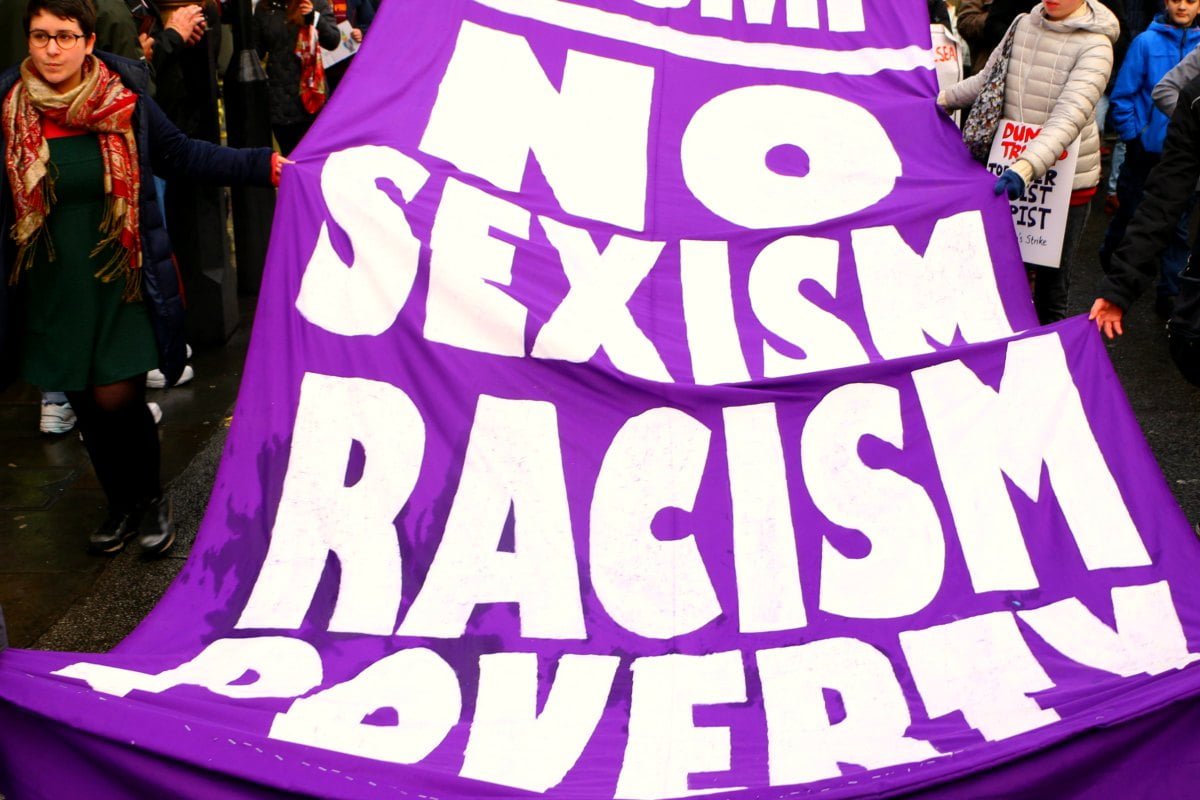 The truth is that the capitalists, far from providing a voice and a platform for the oppressed, are the ones who have consistently fostered and promoted racism, division, and alienation throughout history.
The truth is that the capitalists, far from providing a voice and a platform for the oppressed, are the ones who have consistently fostered and promoted racism, division, and alienation throughout history.
Materially, for example, it is big businesses who have persistently continued to pay women and racial minorities less, encouraging a race to the bottom between workers of different genders or ethnicities.
Beauty and fashion companies, meanwhile, rely on objectification and making us feel self-conscious and insecure about our appearance in order to make us buy more of their products. And big banks like Lloyds are parasites whose primary concern is to make money, no matter where it is invested.
The banks and major corporations will only change these practices when it significantly hurts their image, and thus their profits. This is ultimately the only thing they care about.
In some sense, the paranoia of these capitalists, who fear appearing discriminatory, is testament to the campaigns and struggles of millions of working class people who have fought real struggles for genuine equality.
For the time being, the rotten system of capitalism stinks on. Advertisers, in turn, will continue to appropriate struggles and promote themselves as beacons of equality in order to cover up their own stench.
Yet in reality, it is only us – the organised movement of the exploited and oppressed throughout the world – that can bring about real equality, liberation, and justice.

